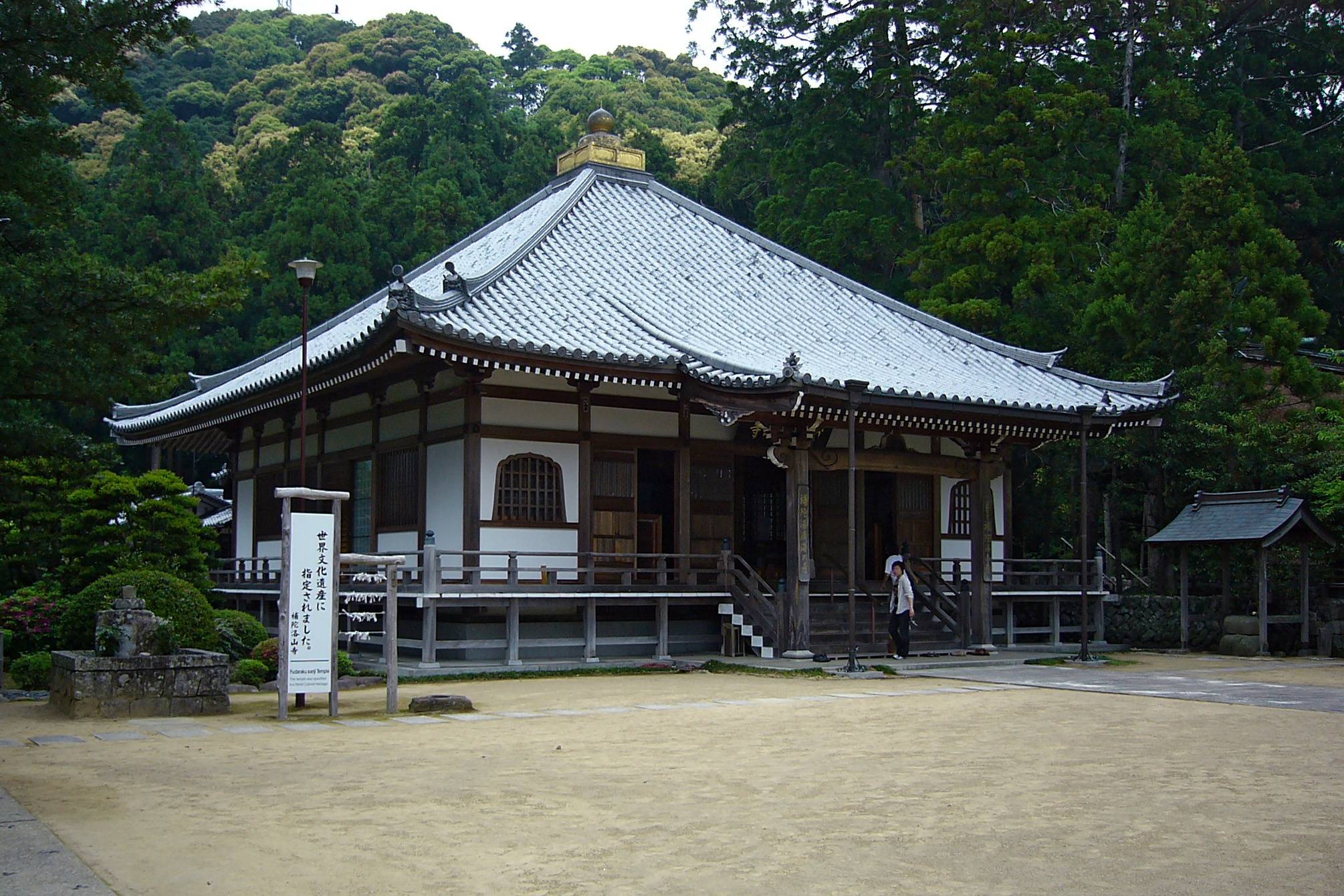Once upon a time there was — well, actually there wasn’t, but people thought there was, and what people think there is influences more behavior than what is — an island. Many set sail for it. No one returned.
Its name in Japanese is Fudaraku; its location, somewhere in the southern seas. That’s precise enough. Not geography or seamanship but faith guided the pilgrim to it. He set sail alone in a sealed boat. To the skeptical modern mind it’s suicide, but this story is neither skeptical nor modern, and the reward — rebirth in the Buddhist Pure Land — was, to the devout, worth many deaths.
The priest Konko, abbot in 1565 of the Fudarakusanji temple on the Kumano coast of today’s Wakayama Prefecture, was insufficiently devout. He was a tragic victim of a tradition linking his temple to Fudaraku Island. As abbot, he was expected to make the voyage sometime in his 61st year. Novelist Yasushi Inoue (1907-91) makes him the central character of his 1961 short story, “Passage to Fudaraku.”



















With your current subscription plan you can comment on stories. However, before writing your first comment, please create a display name in the Profile section of your subscriber account page.